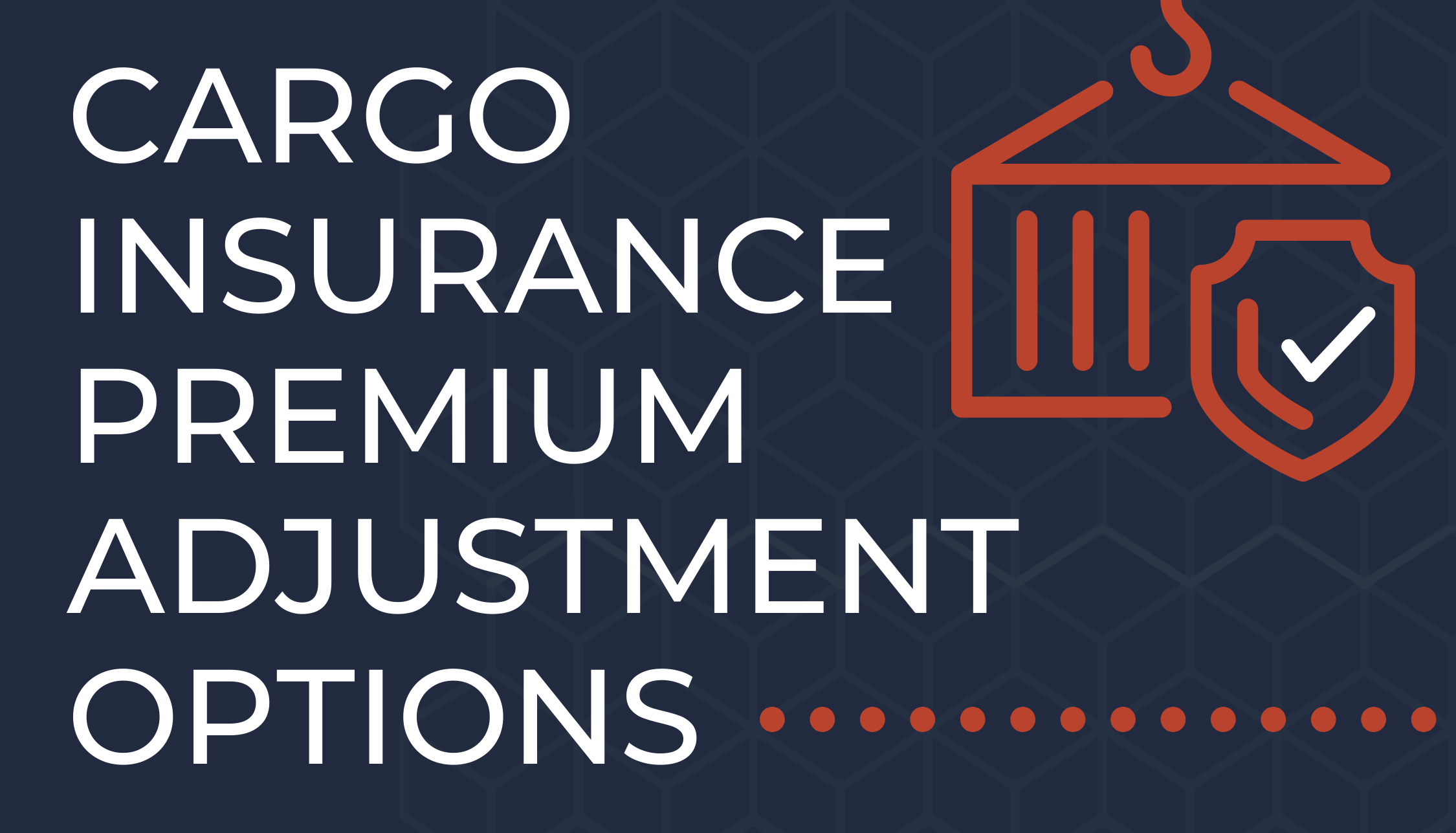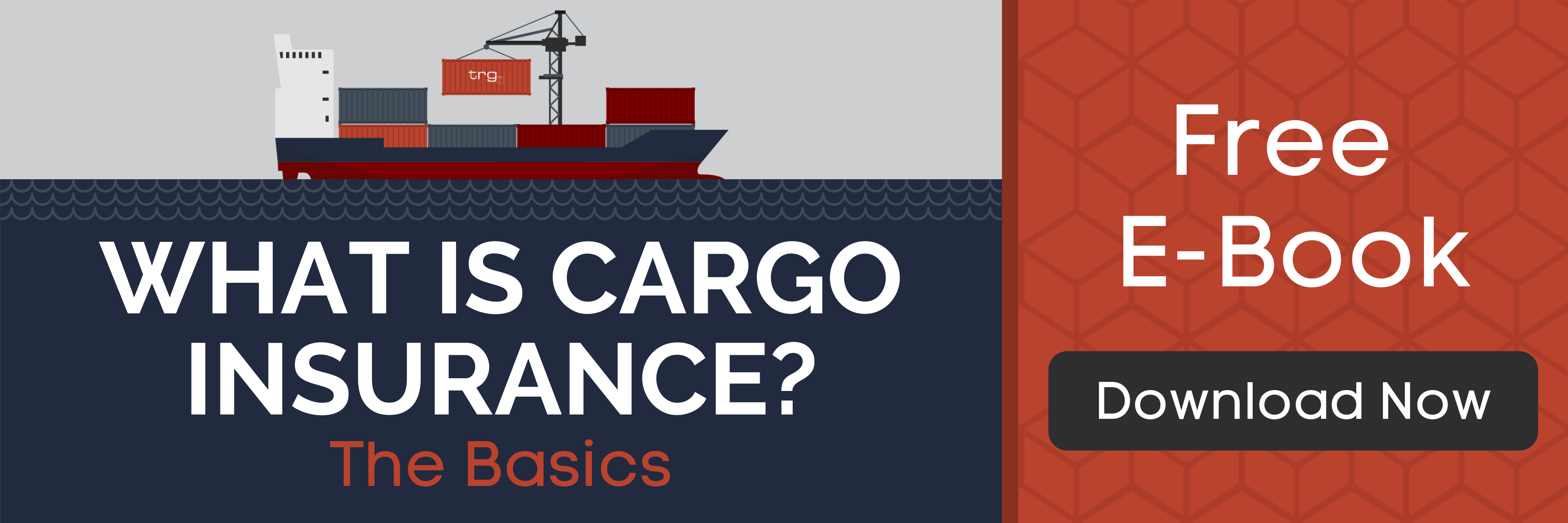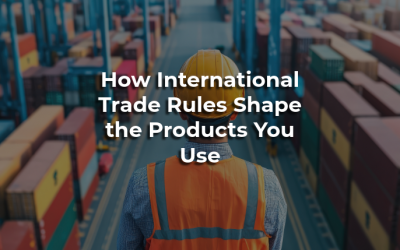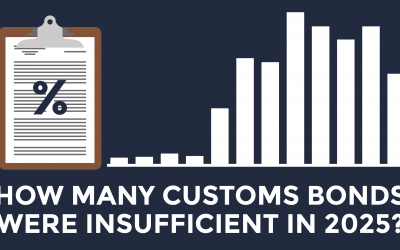It’s beneficial for shippers to know what cargo insurance premium adjustment options are available to find the best fit for their business.
Marine cargo insurance premiums are generally implemented using an open policy or a flat annual policy, which dictates how a shipper’s premium will be evaluated and paid.
On top of choosing a premium adjustment option, shippers must choose from the different types of marine cargo insurance coverage options and risk management options when choosing a policy.
Open (Rated) Policies
An open policy, also known as a rated policy, is a premium adjustment option that consists of annual coverage based on the price of goods shipped so that shippers will not be charged extra. Shippers using an open policy will pay an upfront deposit based on a locked-in rate, keep track of all insured values, and complete an audit to pay the difference if they owe more than the deposit payment after the policy expires. The deposit is generally between 90-100% of the estimated actual earned premium, depending on the insurer and risk profile.
This insurance covers a shipper’s shipments for a specified period, usually 12 months. On an open policy, premium rates are fixed based on a predetermined rate, decreasing as the value of goods increases. All shipments that fall within the policy terms are automatically covered without having to report each one as it occurs.
All open policies are subject to a cancellation clause, which gives either party the option of canceling coverage rather than waiting for coverage to expire. Even with cancellation, the deposit premium is usually considered fully earned and non-refundable. Either party must give 30 days’ notice of cancellation.
Insurance premiums are calculated using a cost and freight value + 10% basis of valuation.
Cost & Freight Value × 1.1 = Total Insured Value
(Total Insured Value × 0.xx) ÷ 100 = Total Earned
Premium (xx is equal to the locked-in rate)
Total Earned Premium – Premium Deposit = Excess Premium Due
At the end of the period, the excess premium is calculated, and the insured pays the excess premium due.
Flat Annual Policies
A flat annual cargo insurance policy is a premium adjustment option that consists of a fixed premium that remains in place for an entire year. Payments for an annual policy only occur once a year, remain on file for that entire year, and are exceptionally easy for shippers to manage.
These policies are usually reserved for small-volume shippers because it would take more time than it is worth to complete an audit after the policy expires. However, it is essential to note that sometimes these policies may be audited.
In a flat annual policy, insurers will charge the entire fixed premium required to institute the policy upfront. If these small-volume shippers ship more than estimated, there is no penalty. Still, shippers are expected to advise insurers if there is a significant change in underwriting information throughout the year.
Shippers must notify their insurer of significant changes in their business. It is for the shipper’s benefit to let the insurer know of these changes so that there is no gap in information, and the insurer can adequately check for consistent compliance. It is also essential for the shipper to do this to avoid unanticipated changes in coverage.
Examples of significant changes that require notifying your cargo insurance provider:
- New contracts
- Change in shipping volume
- New products/cargo
- New trade routes







